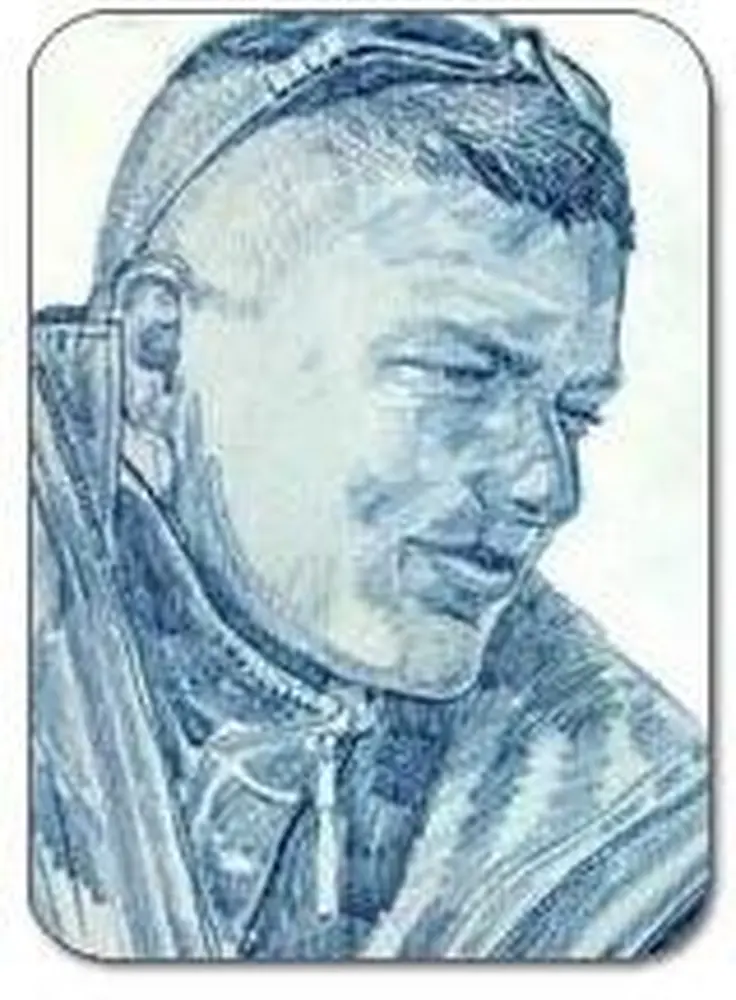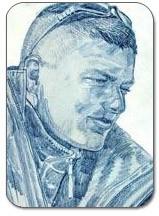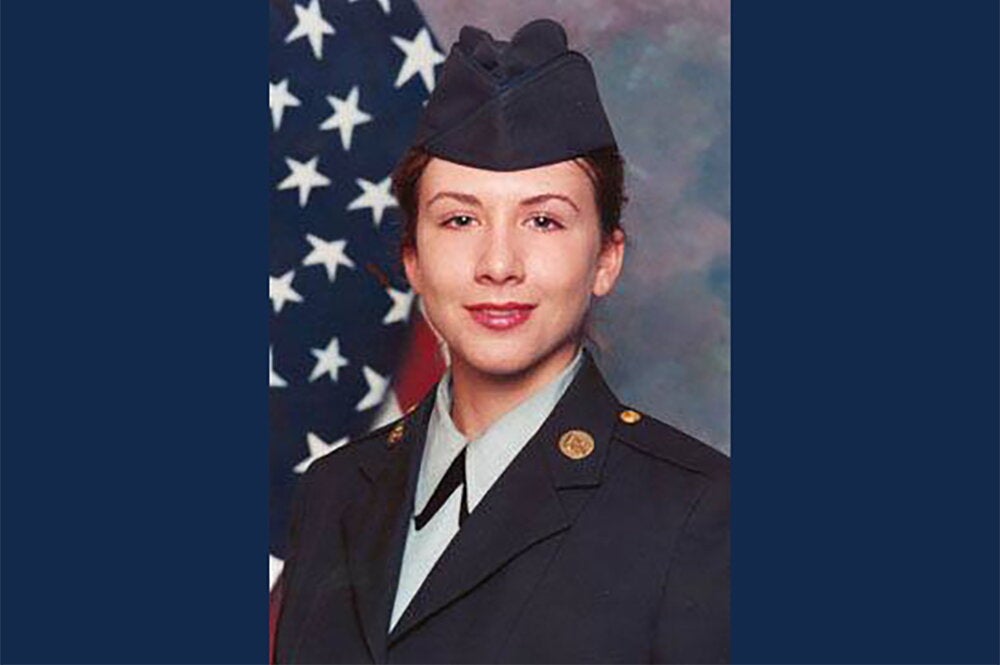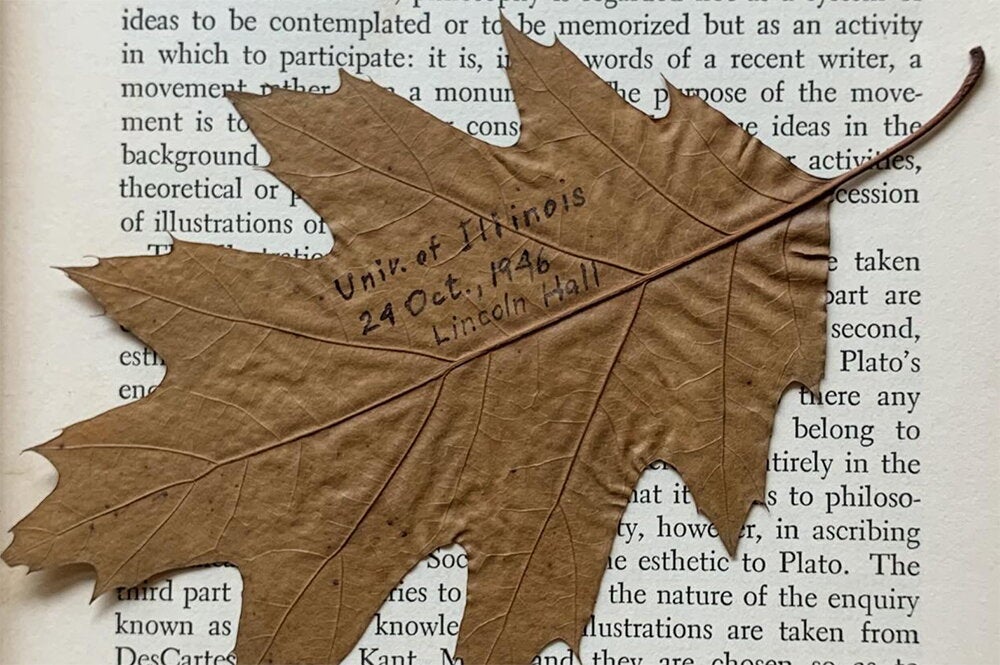

On the first days of the Iraq War, as Marines battled to secure their position in an-Nasiriyah, U.S. Marine Corporal Daniel Rhodes, 23, spotted a live landmine lodged below a pipeline in the desert dirt. The pipeline carried essential fuel to frontline troops, and an explosion threatened the entire mission. So Rhodes and a fellow Marine looped a grappling hook around the mine, tied it to a 20-foot rope, and pulled, yanking the mine from the ground. The mine split into two unexploded pieces that were even more unstable. The two Marines walked over, picked up the pieces with their hands, walked more than 100 feet and placed them down. Then "we took our own explosive and detonated them."
For Rhodes, 23, risking life and limb was worth it. He believes in the value of the Operation Enduring Freedom, the government's name for the Iraq war. "Every single thing somebody's done over there was worth it," he says. Those views made some of the news from Champaign tough to stomach. Early in his Iraq tour, Rhodes spotted a photo of a campus protester on the front page of the Daily Illini. The protester was holding an American flag upside down with a peace sign spray-painted on it. "That got me pretty upset," he says.
Upon returning to campus in 2004 to finish his political-science degree, Rhodes learned that opposition to the war was widespread even though public protests were few. "I remember a kid standing up in class and saying, 'I'll be damned if I ever go to Iraq. I'd sooner go to Canada.' They'd say bad things about the president. Sometimes they'd say, You're just warped by the military and brainwashed and it's all about money and they don't care about you." Rhodes would often keep quiet. But sometimes, he recalls, "I'd say, I was there. Where were you?"
Rhodes' battlefield experience made him "grow up real quick," he says. "Petty issues like the Chief, or whether I made it to class, or relationship dramas--that stuff seems so insignificant when you know that any day you could die." Indeed some of his fellow soldiers were killed in Iraq, and others were seriously injured. Such experiences on the battlefield deepened his faith, he says. "They say there's no such thing as an atheist in a foxhole." In Champaign, Rhodes finds peace by attending church, working for charity, and raising money for families of killed or severely injured soldiers.
Rhodes says he would like to serve in the Marines for 20 years, become a high-ranking officer, then retire and go into politics. Rhodes' college degree will raise his rank to second lieutenant, which will enable him to command enlisted Marines, realizing a long-time goal. He hopes to head back to Iraq. "I want to be back there so badly," he says. "I still don't feel like I've done enough."


